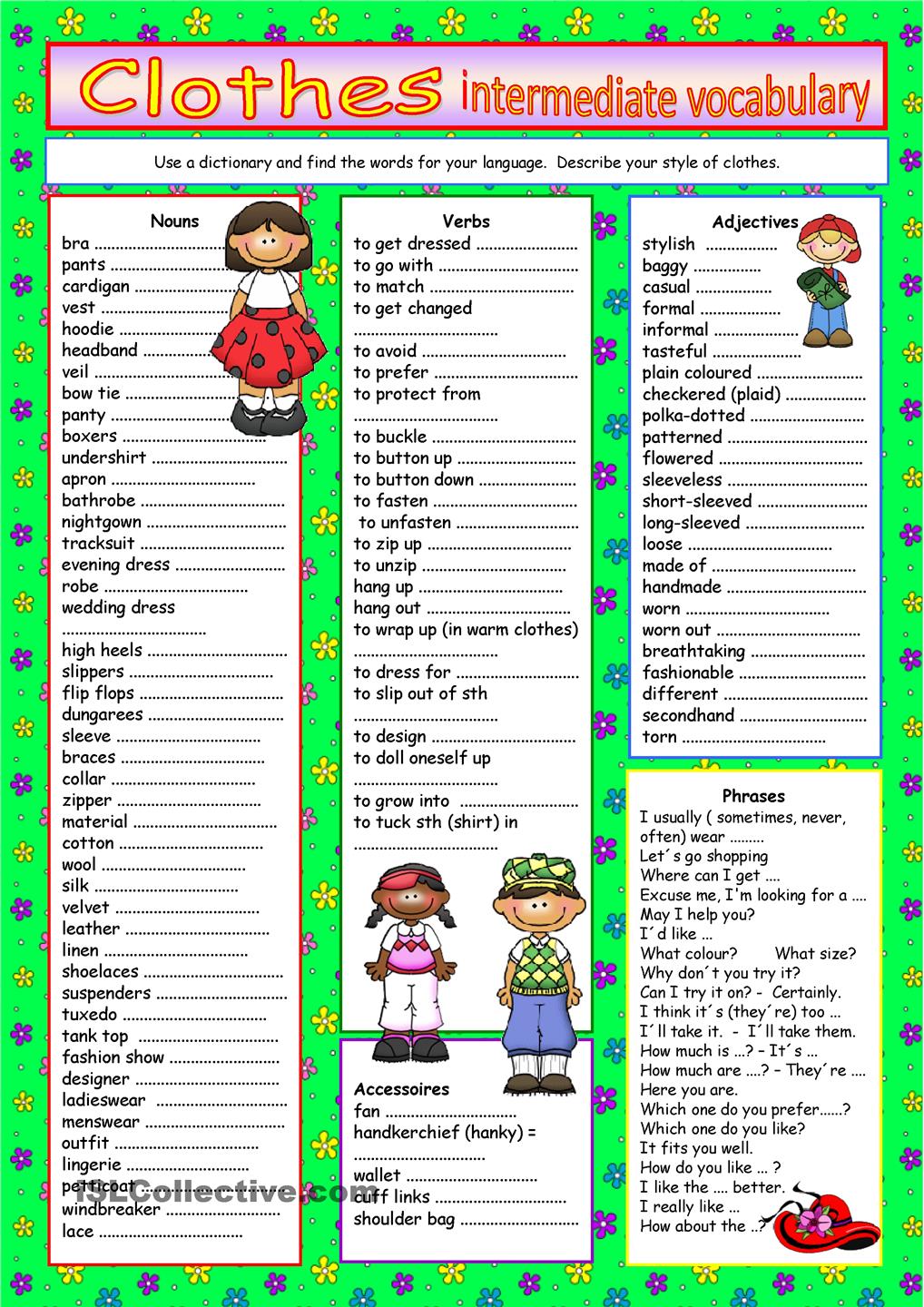
These combined techniques will increase the chances that you will remember the vocabulary so it is available for you to use.įor example, the word “abase” is a verb meaning to feel shame or to hurt the pride of. Cover up the word and see if you can spell the word and also say the meaning from memory. Write the word a few times so you visually see the word and how it is spelled.

Whatever seems to work for you would be a helpful suggestion. Use some type of memory device to remember the word. Think of sentences for the word and how you will use the word. Relate the words to other words you know. This in turn, will build good conversational vocabulary that you will be able to transfer to any situation at home, school, at work or in the community. This process will round out your vocabulary and make you a more confident reader who can feel comfortable reading on topics outside your area of expertise or main interests. Look at history and philosophy, the sciences, travel and anthropology, politics and art, linguistics – the whole gamut. Try to read a variety of information from general to subject-specific topics. – Madhur Bhandarkar, National award-winning Indian film director, script writer, producer My vocabulary and my English, all thanks to the reading habit, improved. Be a well-informed reader – Diversity of topics is important As a result, your listening, speaking, reading, and writing vocabulary areas will all improve. Listen to the author’s voice, the unique style the author writes in. See the word choice that the writer selects to convey meaning. Play close attention to the sentences, phrases, and expressions used to describe events, actions, or information. See how the writer presents and supports main ideas and themes in the text. Look how authors organize their writing from beginning to end and how they arrange their ideas. Their choice of words will astound you, and you will be able to capitalize on this ability and build your own choice of words. Check out fiction and nonfiction books at the library. Do you know the buzz of business writing? Read periodicals and blogs. You should try to read some academic or intellectual writing in your mix of reading. Ask any English teacher and I am sure they will agree. This is one of the surest ways to build vocabulary. Read and listen to challenging material so that you'll be exposed to many new words. See if the word has regional or historical meaning or if it is from another language than English. Use word roots and origins to understand related meanings, if possible. Use word-solving strategies like background knowledge and inference to predict word meanings. Use a wide range of word-solving strategies like dividing words into syllables, using word parts, using prefixes and affixes, and connecting words to known words. First, try to figure out their meanings from context. While you read, pay close attention to words you don't know. The more words you're exposed to, the better vocabulary you will have. Most vocabulary words are learned from context.

When you read, you will come across new words naturally and be drawn to understanding their meaning so you can understand the larger text. Carmen Agra Deedy, award-winning writer and National Radio Broadcasting contributor Your vocabulary will be the richer for it. Example of a context clue: The boss rewarded the sales department with plauditsby singling them out at a business meeting and encouraging everyone to clap for them.įrom this sentence, what do you think the word plaudits means? If you guessed extreme praise, you’re right! Remember that context clues really do help capture the meaning of words and helps you to remember their meaning. The next time you stumble upon this word, you can draw on this first encounter with the word, and hopefully apply what you learned the first time.

Then when you discover its meaning, you will be more apt to remember what the word means. Then look the word up or ask someone how that particular word is used in that specific context. Do you think you have a good idea of what the word means? If not, repeat the process of reading the sentence, surrounding sentences, and the whole paragraph. Try to substitute different meanings of “that word you may not know” into the sentence until you think you have an educated guess at what the word means. So when you come across a word you don’t know, you can first try to figure out its meaning from the sentences around the word. It is easier to learn words while studying them in context. Read words in context to study their meanings


 0 kommentar(er)
0 kommentar(er)
